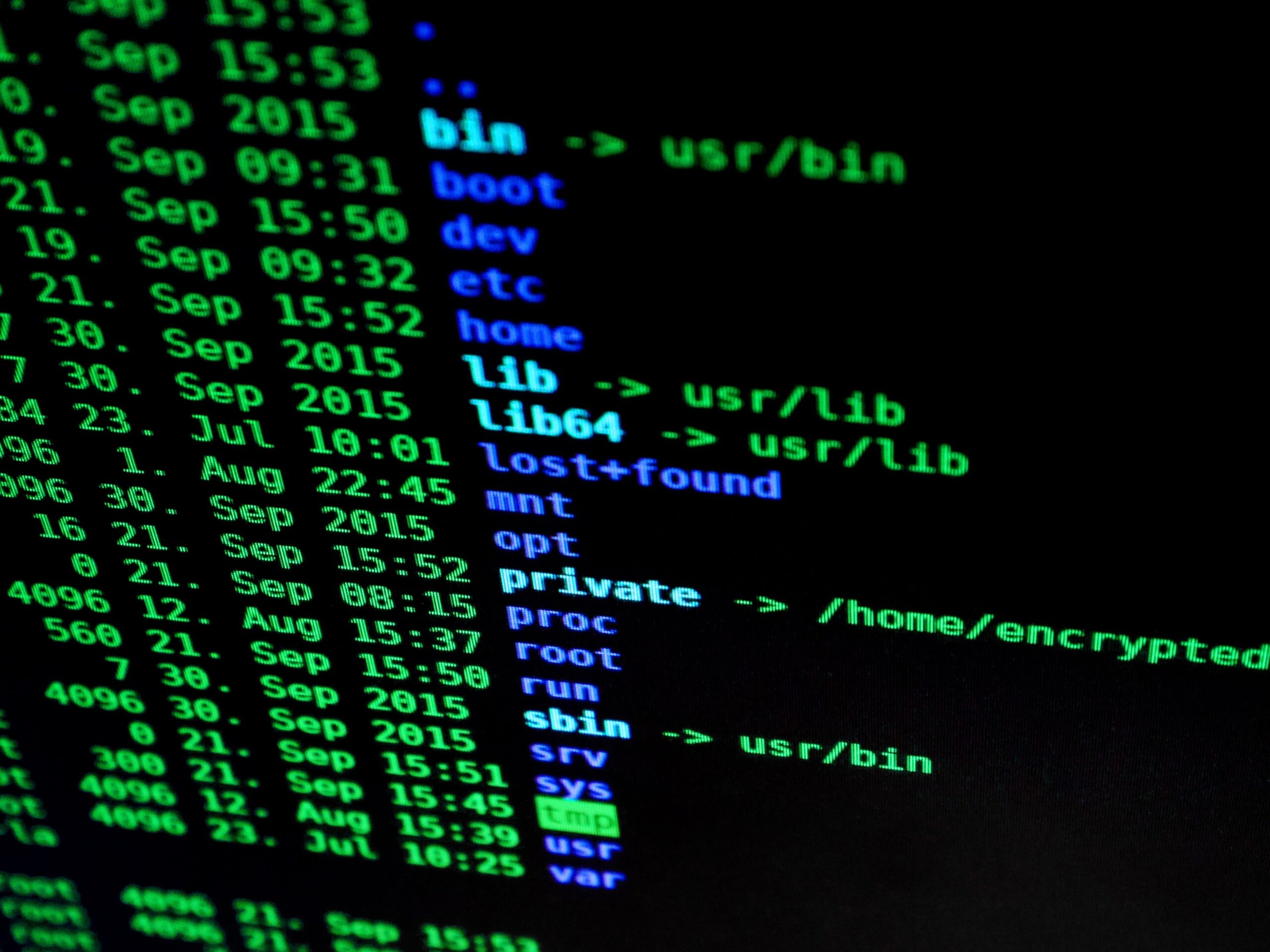Demystifying Computer Viruses: Understanding the Threat and How to Protect Yourself
Introduction:
In today’s digital world, the term “computer virus” carries significant weight. Whether it’s the fear of losing personal data or the disruption caused by malware, understanding computer viruses is vital for safeguarding our digital lives. By demystifying computer viruses, we can unravel the risks associated with them and take the necessary measures to protect ourselves. This article aims to provide a comprehensive overview of computer viruses, their impact, and essential measures for defending against them.
1. Demystifying Computer Viruses: Unraveling the Risks and Safeguarding Your Digital World:
Computer viruses are malicious programs designed to infect and spread to other devices, causing harm and disruption along the way. They can infiltrate your computer, smartphone, or any other connected device without your knowledge, often taking control of your system and stealing sensitive information.
These viruses can enter your device through various means, including email attachments, downloaded files, malicious websites, or even unsuspecting USB devices. Once inside, they replicate themselves and may perform harmful actions such as deleting files, corrupting data, or stealing personal information like login credentials and financial details.
Safeguarding your digital world against computer viruses starts with being proactive. Regularly update your operating system and software, use reputable antivirus software, and avoid downloading files or visiting suspicious websites. Additionally, exercise caution while clicking on links in emails or messages, as they can lead to malicious websites or initiate unauthorized downloads.
2. Understanding the Threat: A Comprehensive Guide to Computer Viruses and their Impact:
Computer viruses come in various forms, each with its own characteristics and impact. Some common types include worms, trojans, ransomware, and spyware.
Worms are self-replicating programs that spread across networks, often causing significant damage due to their ability to consume resources and slow down systems. Trojans, on the other hand, disguise themselves as legitimate files or software but have malicious intent, allowing unauthorized access to your system.
Ransomware has gained prominence in recent years, with attackers encrypting your files and demanding a ransom to restore access. It can have severe consequences for individuals and businesses alike, resulting in data loss and financial implications.
Spyware is a type of malware that covertly monitors your activities and collects sensitive information without your knowledge, including passwords, financial data, or personal conversations. This information is then transmitted to third parties who may misuse it for various purposes, such as identity theft.
Understanding the different types of viruses and their potential impacts is crucial for taking appropriate measures to protect your devices and data.
3. Defending Your Devices: Essential Measures for Protecting Against Computer Viruses:
Protecting against computer viruses requires a multi-faceted approach. Here are three essential measures for defending your devices:
a) Install Antivirus Software: High-quality antivirus software acts as your first line of defense against computer viruses. Choose a reputable and up-to-date option that can detect and remove viruses and other malware efficiently. Regularly update the software to ensure it remains effective against new threats.
b) Enable Firewall and Automatic Updates: Operating systems come with built-in firewalls that monitor and block unauthorized access to your device. Enable the firewall on all your devices to enhance security. Furthermore, ensure automatic updates are enabled to receive the latest security patches and bug fixes promptly.
c) Practice Safe Browsing Habits: Be cautious while browsing the internet. Avoid clicking on suspicious links or downloading files from untrusted sources. Stick to secure websites that have an HTTPS connection and implement strong, unique passwords for online accounts. Regularly back up your important files to an external drive or cloud storage to minimize the impact of potential attacks.
Conclusion:
Demystifying computer viruses is essential for protecting your digital world. By understanding the risks, types, and impacts of computer viruses, you can take the necessary measures to defend your devices effectively. Install reputable antivirus software, enable firewalls, practice safe browsing habits, and educate yourself on the latest threats to ensure a secure and hassle-free digital experience.



